 Crazyhorse Fiction Editor Anthony Varallo’s Editor’s Note to the Spring 2019 issue couldn’t be more timely. In it, he recounts a conversation with a colleague asking, “What do you do with all your books?”
Crazyhorse Fiction Editor Anthony Varallo’s Editor’s Note to the Spring 2019 issue couldn’t be more timely. In it, he recounts a conversation with a colleague asking, “What do you do with all your books?”
A conundrum for most NewPages readers, no doubt, since being book people still means holding onto physical copies of books, no matter how many e-versions we could be reading also/instead.
I once envisioned the perfect adulthood as being one surrounded by books. I guess I also should have envisioned the time to read them all! Much like the Twilight Episode, Time Enough At Last, we here at NewPages find ourselves surrounded by books and literary journals with barely enough time to glance the covers and contents before another batch arrives in the mail.
We do make time, however, to read, to write reviews, to appreciate others’ reviews, and keep up with the literary world in general. Still – here are all these physical books.
Varallo [pictured] writes, “For many years, I acquired books with the idea that I was building a library. A library that would give me pleasure for years, I’d hoped, or a library that might be useful to others . . . “
We had also held such visions at one time, purchasing a dozen or so quality bookcases and having some built in. They quickly filled the office and spilled into numerous rooms in our home. And who read them? Did we have time? Did they even “look good” ? As Varallo comments, “I tell my colleague about the tower of books on my nightstand, the one that stretches higher than my lamp. I describe the books stacked horizontally on my bookshelves, not in the artful, decorative style you sometimes see in glossy magazines; these are stacks of pure necessity. Books piled on top of other books, sometimes bending the covers of the books beneath them.”
This is the reality of ‘too many books.’ Yes, there is such a thing as too many books. And the truth of the matter in our case is, they should be freed onto others so that they can be read.
We cleared off the bookshelves in the office. Cleared out almost every bookcase in the house. We boxed up books and magazines and donated them to various libraries, colleges, universities and K-12 classrooms in our area and a bit beyond (Hello Alaska friends!). After this initial clearing out, we are still met with a steady stream of books and lit mags that come through. It is our work, after all.
What to do with them? We have a plan hatching and look forward to sharing it with you later this summer. In the meantime, What do you do with all your books?
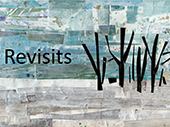 Publishing short (500-2500-word) fiction that “gives an insight into the human condition,” the online Fictive Dream featured a summer series called “Revisits.” Each Revisit is a selection of three previously published stories that have a similar theme: Love, Abuse, Growing Up, Grief, Rivalry, Magic Realism, Friendship, Missing, Sex, and War. Editor Laura Black curated the series and introduces each issue. A great way to sample the Fictive Dreams back catalog as well as a conveniently curated collection for the classroom.
Publishing short (500-2500-word) fiction that “gives an insight into the human condition,” the online Fictive Dream featured a summer series called “Revisits.” Each Revisit is a selection of three previously published stories that have a similar theme: Love, Abuse, Growing Up, Grief, Rivalry, Magic Realism, Friendship, Missing, Sex, and War. Editor Laura Black curated the series and introduces each issue. A great way to sample the Fictive Dreams back catalog as well as a conveniently curated collection for the classroom.
 Beautiful Things
Beautiful Things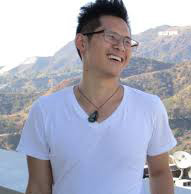 Maa, along with Lawrence-Minh Bùi Davis, founded the Asian American Literary Review in 2009 and has been serving as editor-in-chief. In his
Maa, along with Lawrence-Minh Bùi Davis, founded the Asian American Literary Review in 2009 and has been serving as editor-in-chief. In his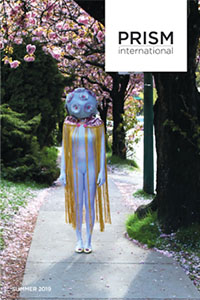

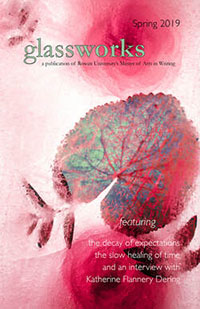
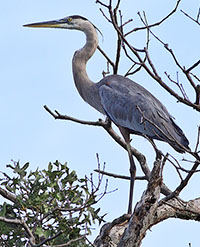 Between October 2016 and February 2017,
Between October 2016 and February 2017, 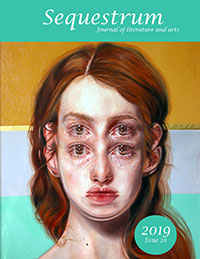
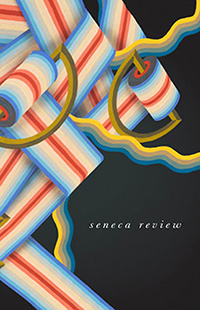
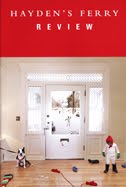
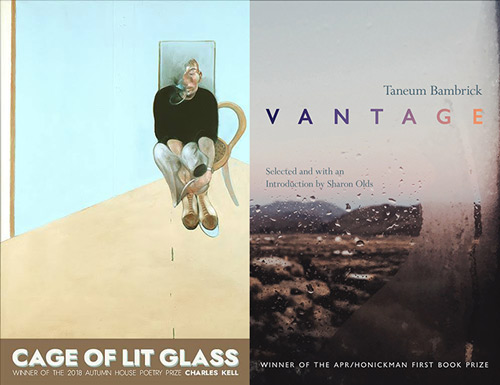 Take some time to check out award-winning books published this September.
Take some time to check out award-winning books published this September.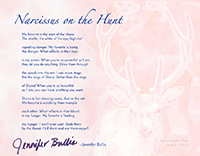 In addition to publishing poetry, interviews, and reviews twice a year online as well as chapbooks,
In addition to publishing poetry, interviews, and reviews twice a year online as well as chapbooks, 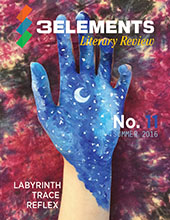 Each quarter, 3Elements Review presents three elements, and all three must be used in the story or poem in order to be considered for publication.
Each quarter, 3Elements Review presents three elements, and all three must be used in the story or poem in order to be considered for publication.  The Fall 2019 issue of
The Fall 2019 issue of 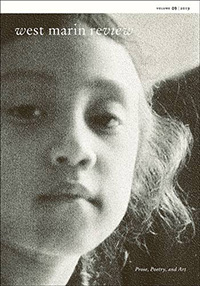
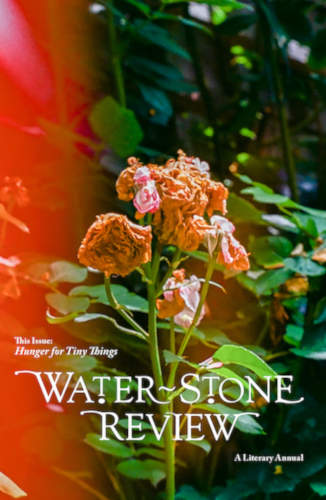

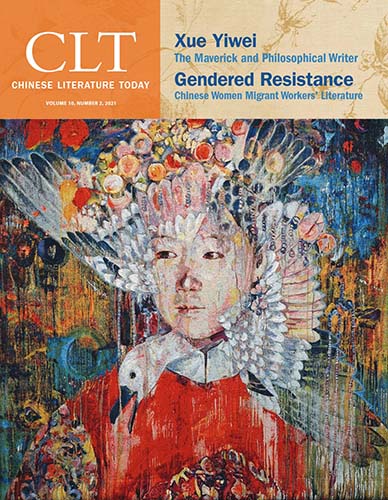 Contemporary Chinese Poetry is the special focus of the latest issue of
Contemporary Chinese Poetry is the special focus of the latest issue of 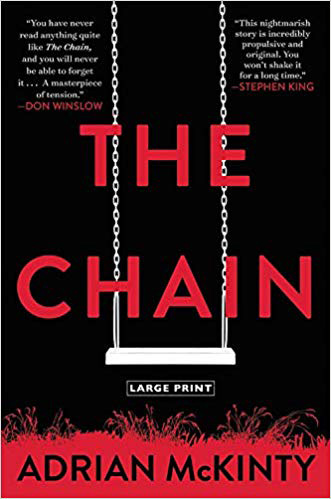 You are now part of The Chain.
You are now part of The Chain.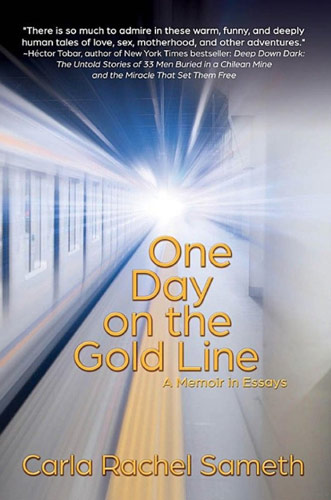 Carla Rachel Sameth’s
Carla Rachel Sameth’s 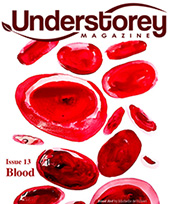 Understorey Magazine
Understorey Magazine First Prize
First Prize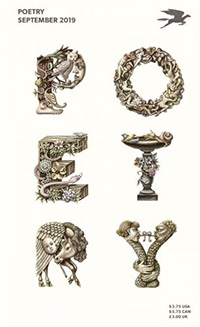
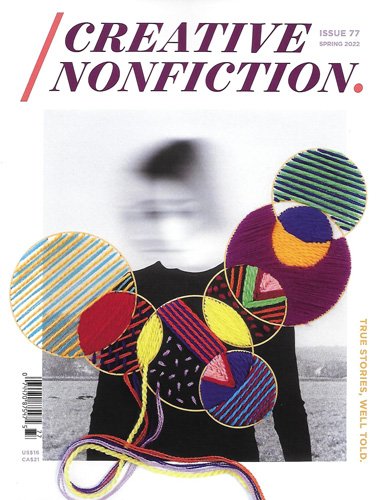
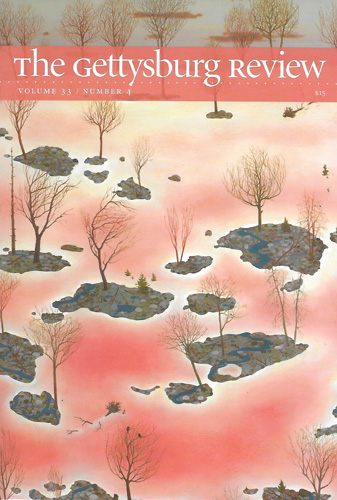
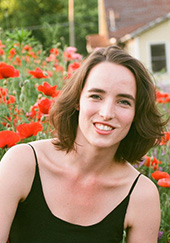 Poetry Winner
Poetry Winner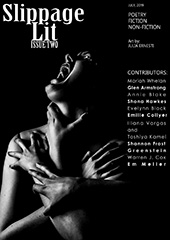 I have a friend who likes to order items on a menu that are sound fun to say when we go out to eat. That’s how I first came to try calamari and bibimbap. It’s also a way to discover great new lit mags, like
I have a friend who likes to order items on a menu that are sound fun to say when we go out to eat. That’s how I first came to try calamari and bibimbap. It’s also a way to discover great new lit mags, like  Cleaver: Philadelphia’s International Literary Magazine
Cleaver: Philadelphia’s International Literary Magazine Hinsey
Hinsey 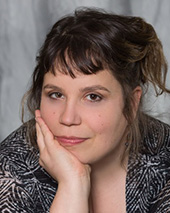 Dogwood Literary Award in Fiction
Dogwood Literary Award in Fiction If you love rules and regulations, following forms and formulas to make something work, gnashing your teeth and pulling out your hair to meet perfection – and you love poetry – then you’re going to love this free
If you love rules and regulations, following forms and formulas to make something work, gnashing your teeth and pulling out your hair to meet perfection – and you love poetry – then you’re going to love this free 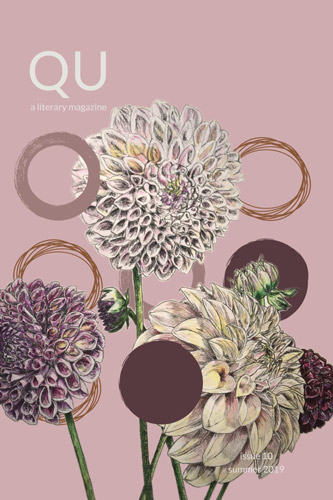 Wrap up your summer and get ready to head back to school with Zac Thompson’s “
Wrap up your summer and get ready to head back to school with Zac Thompson’s “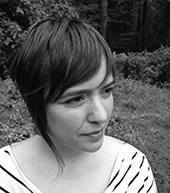 Drawing inspiration from Eric Magrane’s “
Drawing inspiration from Eric Magrane’s “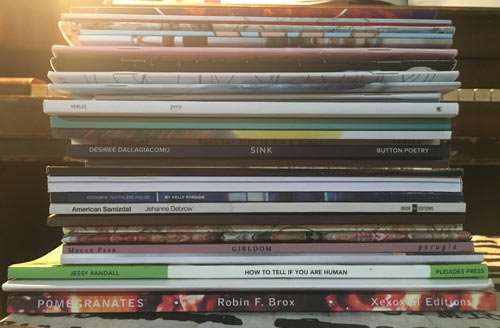 We’re two weeks and a day into
We’re two weeks and a day into 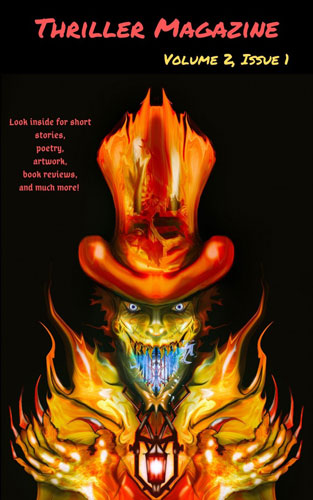 Robb T. White
Robb T. White First Place
First Place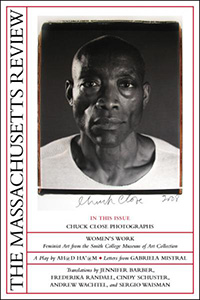
 Two whirlwind prose poems by Leslie Marie Aguilar in the May 2019 issue of
Two whirlwind prose poems by Leslie Marie Aguilar in the May 2019 issue of  In his
In his 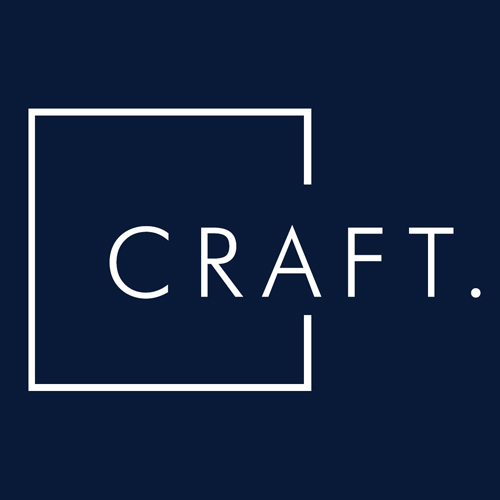 CRAFT Literary
CRAFT Literary
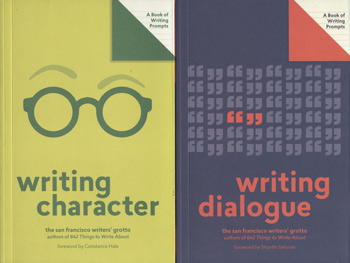 Abrams Noterie
Abrams Noterie First Place
First Place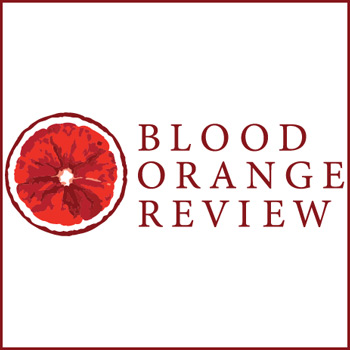 The latest issue of
The latest issue of 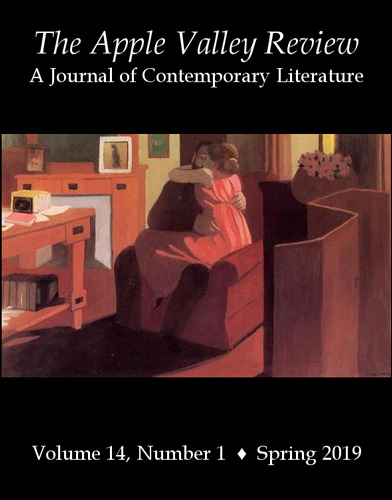 Our families and the people we care about affect much of how we feel or what we do in life, so it’s appropriate that many of the poems in the Spring 2019 issue of
Our families and the people we care about affect much of how we feel or what we do in life, so it’s appropriate that many of the poems in the Spring 2019 issue of  One-Legged Pigeon
One-Legged Pigeon The Summer 2019 issue of
The Summer 2019 issue of 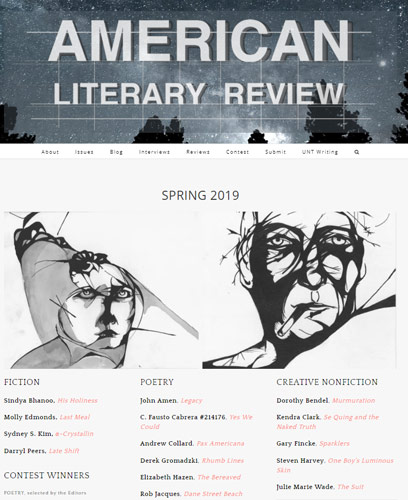 In the latest issue,
In the latest issue, 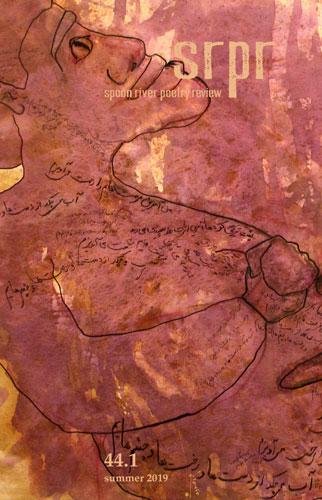 A recent series of poems by Jeannine Hall Gailey in the
A recent series of poems by Jeannine Hall Gailey in the 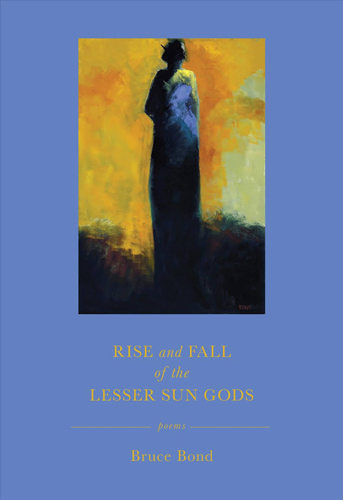 Perhaps it is because this was written in January, and in my part of the world, the temperature was hovering around 0 degrees. Maybe it is the hours I had spent hibernating and devouring hours of classic movies from the 1940s and 50s aired on TCM. Or maybe it’s simply the idea of a ‘radio in the sand’ emitting static and faint music from another place in the universe—Hollywood.
Perhaps it is because this was written in January, and in my part of the world, the temperature was hovering around 0 degrees. Maybe it is the hours I had spent hibernating and devouring hours of classic movies from the 1940s and 50s aired on TCM. Or maybe it’s simply the idea of a ‘radio in the sand’ emitting static and faint music from another place in the universe—Hollywood.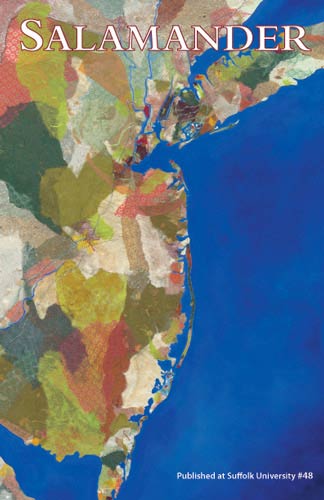 After twenty-seven years, Jennifer Barber has left her position as Editor-in-Chief of
After twenty-seven years, Jennifer Barber has left her position as Editor-in-Chief of 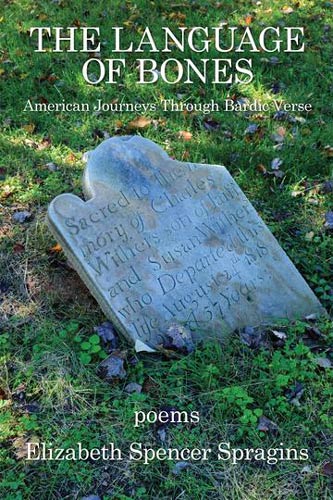 Elizabeth Spencer Spragins’ passion for bardic verse in
Elizabeth Spencer Spragins’ passion for bardic verse in  Cutting, strange, and daring are the words
Cutting, strange, and daring are the words  Crazyhorse
Crazyhorse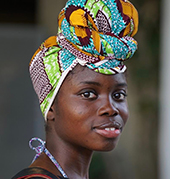 1st place goes to Rachael Uwada [pictured] Clifford of Baltimore, Maryland, who wins $2500 for “What the Year Will Swallow.” Her story will be published in Issue 106, the final issue of Glimmer Train Stories. This will be her first fiction publication.
1st place goes to Rachael Uwada [pictured] Clifford of Baltimore, Maryland, who wins $2500 for “What the Year Will Swallow.” Her story will be published in Issue 106, the final issue of Glimmer Train Stories. This will be her first fiction publication.